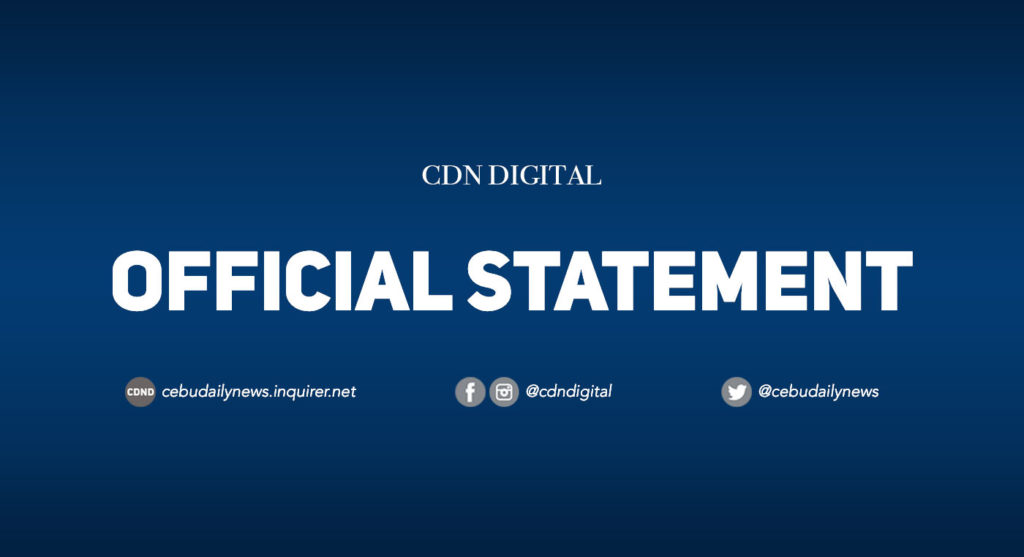Senator Sotto’s bill doesn’t
define ‘false content’ and grants
arbitrary power of virtual
censorship to government
bureaucrats.
The Cebu Citizens-Press Council (CCPC) earnestly asks Senate President Vicente Sotto III to restudy his Senate Bill #9, filed last July 1, 2019, which seeks to prohibit “publication and proliferation of false content” in the internet.
What CCPC believes are the major defects of the bill:
[a] It defines “content” but not “false content,” which is what the Sotto bill seeks to prohibit.
CCPC found the same flaw in Sen. Joel Villanueva’s “fake news” bill, SB 1492 in the 17th Congress. Not specifically defining “false content” will open media — and the rest of the public using the internet — to orders from DOJ to rectify, take down or block access or even prosecution.
The absence of a definition that excludes errors of publication or lapses in editing – violations of journalism norm or standard , as distinguished from malicious falsehood – makes media vulnerable to harassment and persecution from those offended by the published material, mostly public officials.
[b] It vests huge power on the DOJ Office of Cybercrime, which can issue those rectify/take-down/block-access orders on complaint or “motu propio” without hearing the alleged offender. The DOJ cybercrime office can exercise its powers without due process; it alone determines “sufficient basis.”
And appeal is made only to the DOJ secretary, enabling one office in one department of the government virtual “censorship” functions. What may alarm is that the procedure allows instant judgment on falsehood with a bureaucrat’s decision promptly executed until it is reversed by a higher bureaucrat.
The intention is to shoot down false or fake news. The casualty could be free press and free speech instead.
Pachico A. Seares, Executive Director
Cebu Citizens-Press Council (CCPC)
